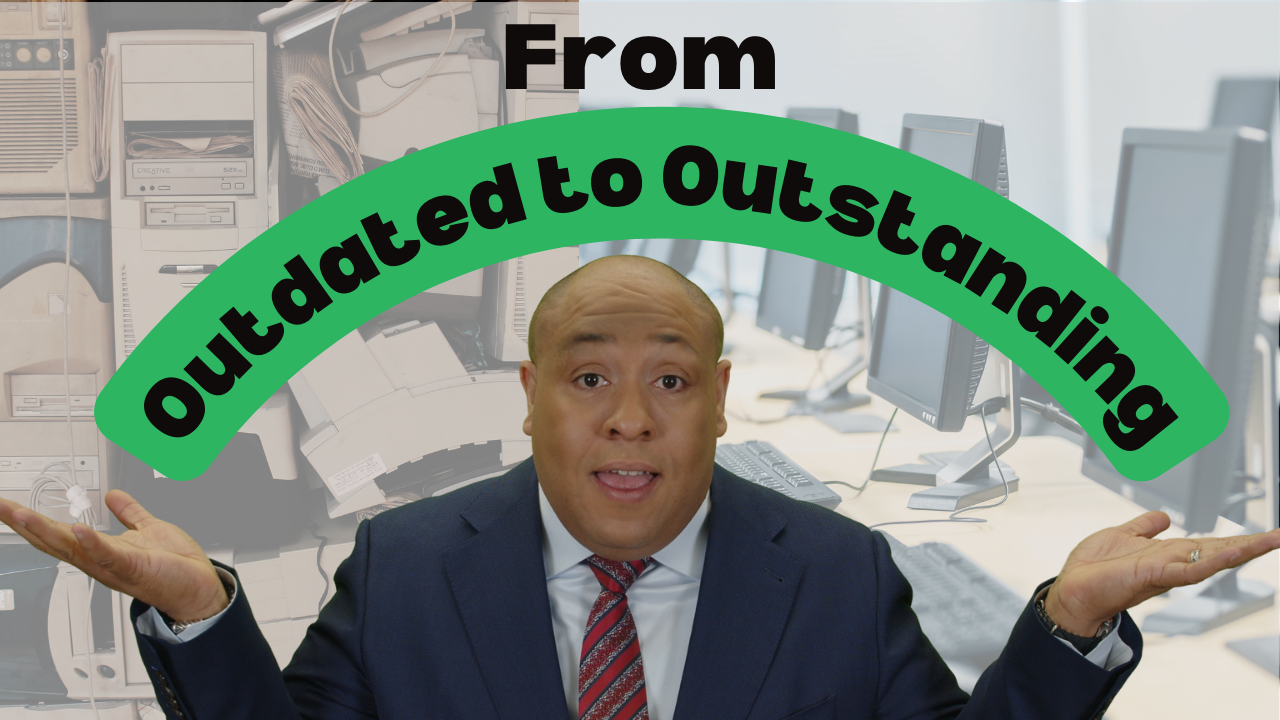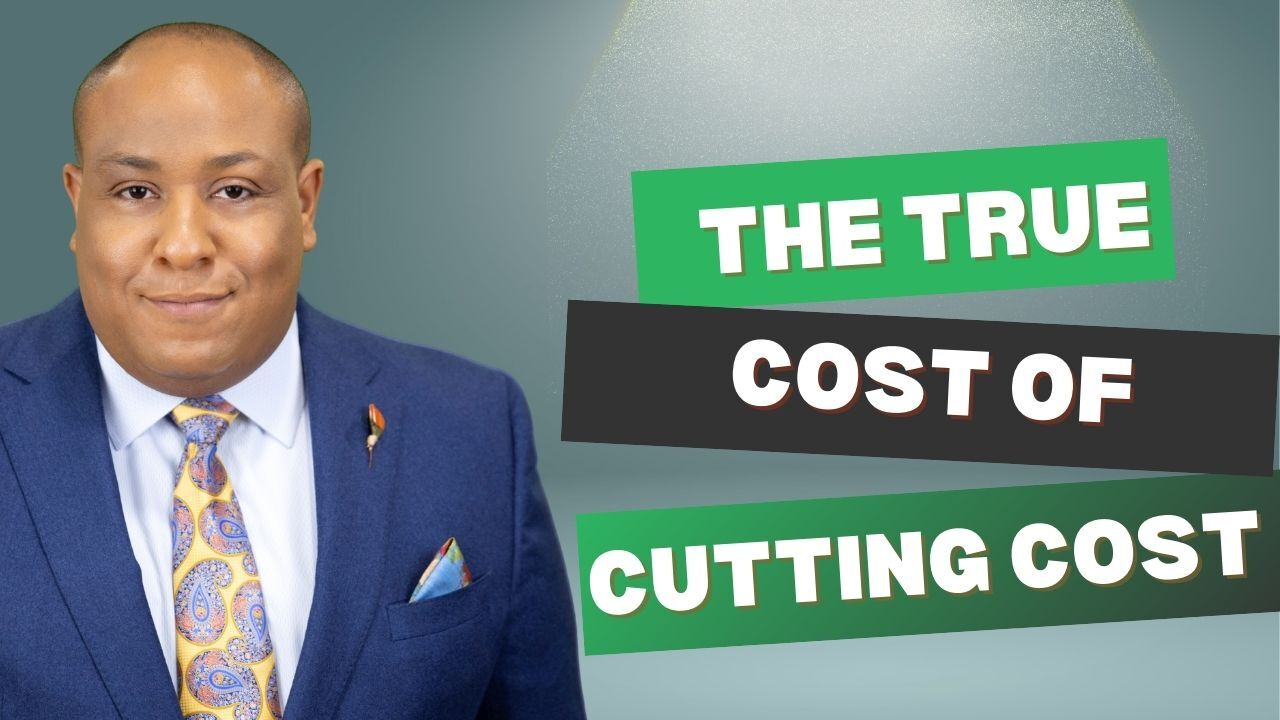804-414-8051
Purpose Over Paychecks: Redefining Engagement and Work-Life Balance
Cory Mosley

Join Cory Mosley and the ever-popular co-host Lon Graham, for a lively and insightful episode of the Grow Business Podcast. This engaging conversation dives into the nuanced world of employee engagement, work-life balance, and the power of fostering a purpose-driven workplace. With a mix of humorous anecdotes, practical business advice, and thought-provoking insights, this episode offers a roadmap to elevate your organizational culture and unlock the potential of your team.
From tackling digital faux pas to redefining workplace dynamics, Cory and Lon share actionable strategies for building a thriving, people-centered business. Packed with wisdom, laughter, and real-world examples, this episode promises to leave you inspired and equipped to create a more engaged and motivated workforce.
Main Takeaways:
- Purpose-Driven Engagement: Aligning individual values with company missions boosts morale, loyalty, and productivity.
- Redefining Work-Life Balance: Balance isn't about equal parts; it's about being fully present in the moment, whether at work or home.
- Flexibility is Key: Embrace hybrid models, flexible schedules, and innovative benefits like wellness programs to support employee satisfaction.
- Data-Driven Decisions: Craft policies and strategies based on data, not emotions, to ensure operational success and employee well-being.
- Recognition and Belonging: Create a culture where team members feel valued through personalized rewards, transparent communication, and inclusive policies.
- Invest in Growth: Offer career development opportunities, training, and clear progression paths to retain talent and foster innovation.
Why It Matters:
This episode sheds light on how prioritizing people, purpose, and flexibility can transform your workplace into a hub of engagement and success. Whether you're a business leader, entrepreneur, or team manager, you'll walk away with actionable insights to redefine your approach to leadership and employee engagement.
Credits:
- Hosted by: Cory Mosley, Business Growth Strategist
- Co-Hosted by: Lon Graham, Voice of Reason
- Produced by: Willie H.
Similar Posts




Contact
Mosley Strategy Group LLC
2810 N. Parham Road Suite 360
Henrico, VA 23294
804-414-8051
hello[at]corymosley.com
Links
Affiliated Brands
© 2025 Mosley Strategy Group LLC. All Rights Reserved
